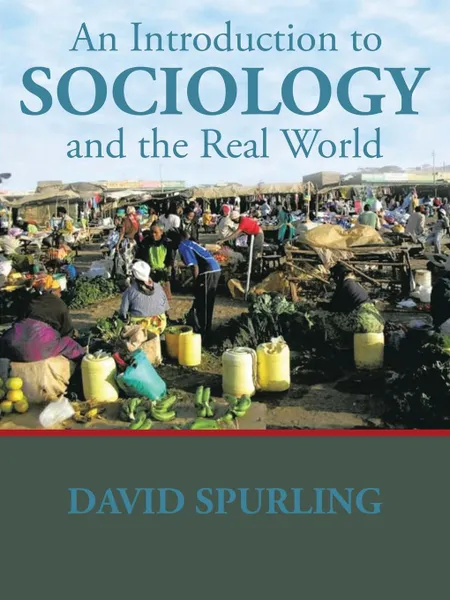An Introduction to Sociology and the Real World 12+
Автор: David Spurling
368 страниц
Категория: Литература на иностранных языках
ISBN: 9781504946544
Язык: Английский
📖 David believes that a sociology book should enable the reader to understand social problems. David uses his background, including research on the single homeless, to look at sociological perspectives and research methods. The book looks at the variety of perspectives, including Marxism, Functionalism, Feminism, and Neo-Liberalism. David's political experience is relevant here.His transport background, as both a worker and a lecturer, is reflected in the chapters on urbanism. A sociology book that claims to be comprehensive but ignores global warming would be nonsensical as it is the most important problem for current and future generations; therefore, this book discusses this issue and what to do about it.David's chapter on crime looks at the importance of crime to the victims, using statistics, so that it presents a different perspective to many other books. The chapter on race reflects the ways in which perceptions of immigration have little relationship to the actual data which is available and also the way in which the media has a great influence on public opinion. David uses his examiner experience, as well as teaching experience, to examine the different aspects of the educational system. The chapter on religion reflects the wide variety of views on this subject. As a Quaker, David's views on religion have a Quaker perspective and this is reflected in his book. The hatred towards people of other religions or no religion is also examined in both contemporary ...
Мнения
